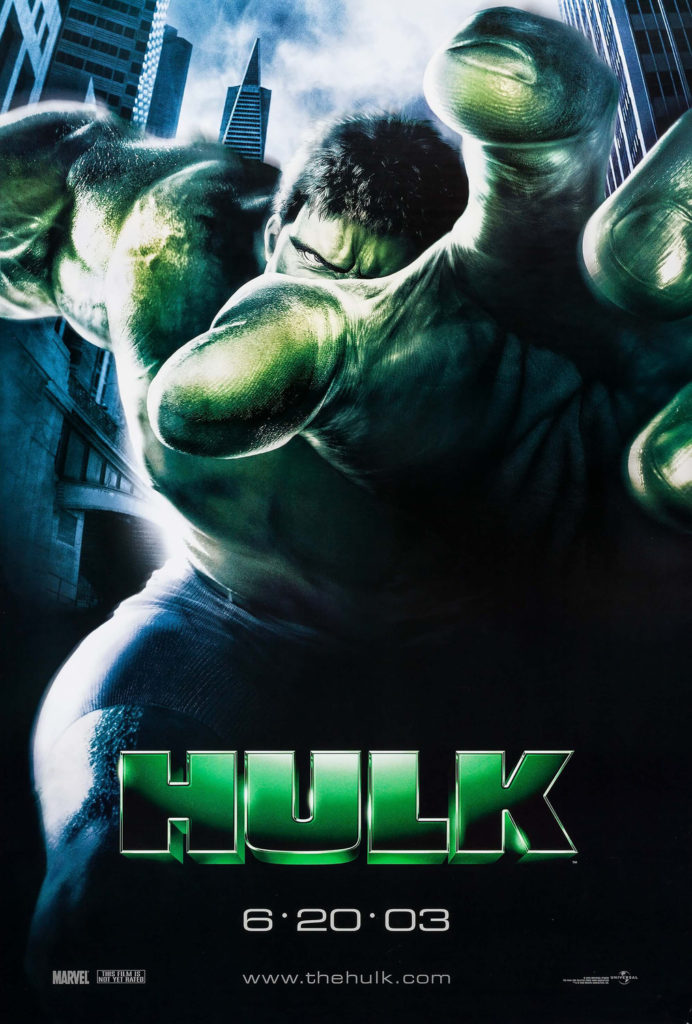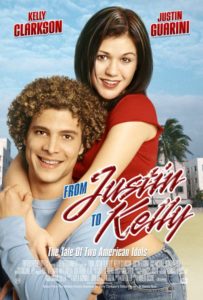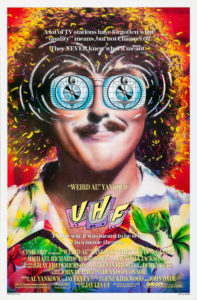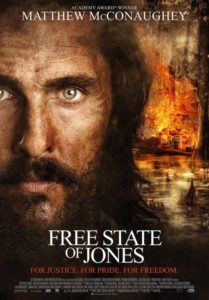Spoiler Warning: This review goes into plot details and specifics of the of the film. If you haven’t seen this film and want to, proceed with caution.
It may be hard for some of you to remember, but way back in the dark ages of the 1990s, the poor nerds of the world didn’t have a new superhero movie to look forward to every few weeks. That type of entertainment was looked upon with disdain, a shameful pit of silliness meant only for pit-stained dweebs in between building computers and games of Magic and Dragons and whatnot in their moms’ basements. In these ancient times, nerds often had to settle for one superhero movie a year. As the new millennium approached, however, things started to change. New comic book movies started coming out and effort was actually getting put into them. In quick succession, we got Blade, X-Men, and Spider-Man, and suddenly it seemed like the Comic-Con crowd was being taken seriously. Finally, we’d be getting new adaptations constantly, and they’d all be awesome, man! Everything was coming up Milhouse!
Of course, this superhero movie renaissance didn’t happen overnight. After the early success of the aforementioned films, a bunch more were put into production, with mixed results, with such infamous examples as Daredevil, Fantastic Four, and this week’s entry in the Summer Blockbusters that Weren’t, Hulk. The summer of 2003 was only a year after Spider-Man had broken box-office records, and the hope was obviously to repeat that success with another popular character. On paper, everything looked good: It had a huge budget, a great cast and crew, and special effects technology had come a long way since the 90s. The biggest coup for the production was the hiring of director Ang Lee, fresh off the huge success of Crouching Tiger, Hidden Dragon. An experienced and acclaimed filmmaker, Lee was the kind of director who could deliver crowd-pleasing action sequences as well as drama that could keep audiences glued to their seats. It seemed like a perfect match. Alas, the film did set a record: largest second weekend box-office drop for a movie that opened at number one. Reviews were mixed, it only grossed a fraction of what Spider-Man managed, sequels were quietly cancelled, and a reboot was ordered in what was a shocking amount of time for the era: only 5 years later. Since then, people have looked back on this film and reevaluated it to an extent. Some think that it was ahead of its time, others agree that it’s best forgotten.
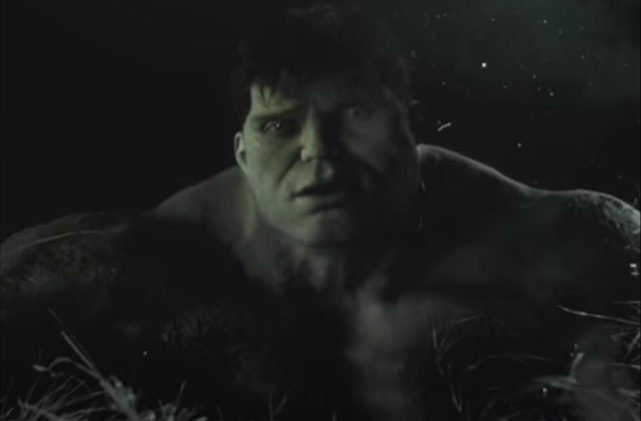
Hulk is a movie I have a different relationship with than most of the others in this series. Of all the films I have planned for this project so far, it’s the only one I saw in a theater during its initial release, before it’s poor reputation really set in. I remember enjoying it at the time, at least more than I thought I would. I also remember how quickly the tide turned against this movie, and how misleading the marketing felt. There were Hulk-branded snacks, a roller coaster, and those foam fists that I’m pretty sure made more money than the movie. Unlike most failures, where you can pretty much tell from the beginning that audiences won’t care enough to show up, and are quickly forgotten, Hulk rode a wave of hype and opened big before fizzling and has remained in the public consciousness as an example of how not to make a superhero movie. The makers of the reboot 5 years later basically had one goal: Don’t make Ang Lee’s Hulk.
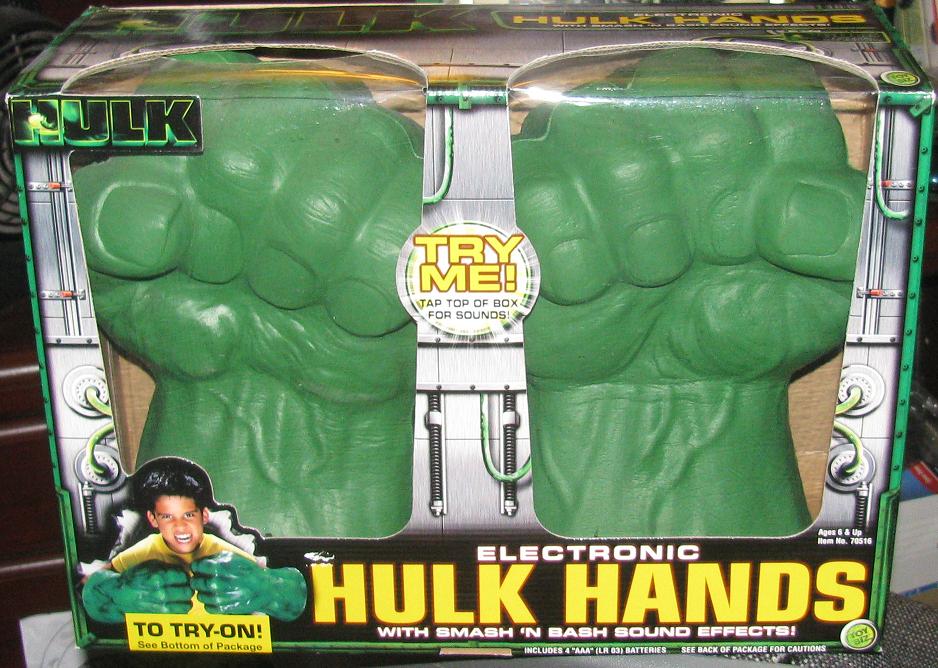
The most common criticism I see about Hulk is its overly serious tone. People in the summer of 2003 expected a fun popcorn movie, with some fights, destruction, and smashing. But Ang Lee wasn’t interested in those things. So, parents ended up taking their kids to a psychological drama about abusive parents, repressed memories, lost love, and oh yeah, the Hulk shows up more than 40 minutes in. When people defend this movie, they tend to think people just didn’t accept a serious film, as though audiences wouldn’t accept artistic ambitions in their action movies. Maybe there’s some truth to that, but I don’t think the movie being serious or different was the problem. I wouldn’t criticize a film for being more than it needs to be (though Lee and Universal probably deserve it for misjudging what moviegoers wanted to see), but I think defenders of this one tend to praise it for what it’s trying to do rather than what it actually does.
Ang Lee pictured the film as a Greek tragedy, where Bruce Banner (Eric Bana) has to suffer for the sins of his father, David (Nick Nolte). Due to genetic experiments David did to himself, Bruce was born with some mutation passed down. When the military tried to stop his research, David caused a meltdown, tried to kill Bruce, and accidentally killed Bruce’s mother. Years later, Bruce has repressed memories, is emotionally repressed, and working in the same field as his father. One day, when experimenting with self-repairing cells with his (ex-) girlfriend Betty Ross (Jennifer Connelly), he gets hit with a bunch of gamma radiation, which combines with his genetics and creates the Hulk when he gets angry. Unfortunately, Betty’s father, General Ross (Sam Elliot) is the man who put David in prison, and has Bruce in his sights. Even worse, David is out of prison, and wants back into Bruce’s life, and access to the Hulk, whether he likes it or not, completely ruining Bruce’s life.
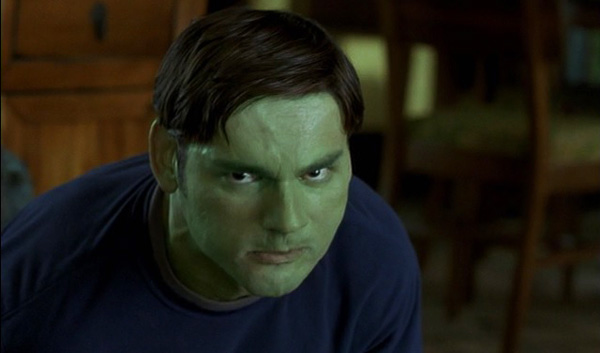
For the tragedy of a story to be felt, one needs to care for the central characters and feel the pain and loss they experience. Unfortunately, it’s hard to care about Bruce and Betty because the movie breaks the ever-important show-don’t-tell rule. Throughout the film, we are told about Bruce’s issues: he’s emotionally repressed, he has a temper, and he’s afraid of his past. These issues are also said to be what caused their romance to end. These issues rarely manifest themselves on screen, and when they do seem like fairly reasonable responses to the stresses around him. Betty pries into why he doesn’t want to know more about his biological parents, he’s understandably fine not knowing. David confronts him in the hospital, he snaps at the stranger who’s hovering over him. The only glimpse of the time the two were dating is a flashback where Betty describes a symbolic nightmare of her childhood that ends with Bruce strangling her. There’s talk of Bruce’s issues, but it seems like she has more of them than he does.
Bruce Banner, as this film portrays him, is a weak protagonist. Generally, the main character is supposed to drive the plot with his or her actions, or do something to reach some sort of goal. Bruce, though, is not proactive in that sense. He does little to move the story along; instead, things happen to him, or around him, making him powerless for most of the movie. Everyone around him is trying to use or understand the beast inside him, but he isn’t shown reconciling or doing anything to understand it himself. Whenever he transforms, it’s something that’s out of his hands. He’s most interesting when he hulks out, which doesn’t happen often enough. It doesn’t help that Bana is miscast. He’s a good actor. He can be funny, charismatic, charming, intimidating, and combinations of those traits. He does what he can, and Lord knows they tried to make him look weak and nerdy, but he’s not allowed to play to his strengths, and scenes where generic jerk Major Glenn Talbot (Josh Lucas) is shown easily bullying and assaulting the handsome and muscular Australian induce chuckles rather than fear.
Connelly is also a good actor, but she is given little to do as Betty Ross, beyond looking off into the distance like she’s always about to cry. Due to the decision to start with them already broken up, she and Bana get little chance to build the relationship between their characters, and what attracted them to each other in the first place remains a mystery. Continuing with the theme of daddy issues, her character is largely controlled by her father, even though they haven’t spoken for some time before the film starts. When the General detains Bruce, she seems to genuinely want to help him, but she doesn’t get much opportunity to do so. Several times, her father tells her to leave and stay away from Bruce, and she offers surprisingly little resistance. Elliot’s character is given more to do, but he comes off as schizophrenic. His motivation seems to change from scene to scene. Sometimes he feels sorry for Bruce, sometimes he hates him because of his father, sometimes he’s okay with his daughter’s feelings for him, other times he tries to keep them apart. A scene where he interrogates Bruce even has him play BOTH good cop and bad cop. Nolte does a good job playing unhinged, but the film goes back and forth on how sympathetic he’s supposed to be until he just becomes a nutcase at the end. Nolte and Elliot also never share a scene together, which is a huge missed opportunity since they are supposed to be bitter enemies.
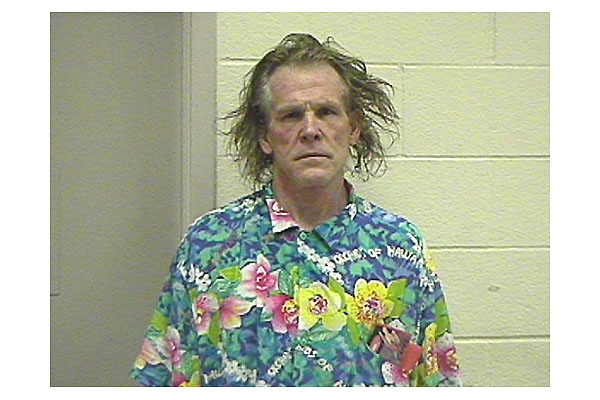
People can handle darker ideas in their popcorn entertainment. The Dark Knight, for example, was 5 years after this. Hulk is also not a typical superhero, if he can be considered one at all. He shouldn’t get the normal origin story, which this definitely is not. What hurts this story is pacing. Right at the beginning, we get an extended sequence of Bruce’s childhood and David’s experiments, up to a fight behind a closed door. We also get a couple of scenes with Bruce’s adoptive family. These scenes do not add anything. Throughout the film, Bruce Banner is constantly fighting against repressed memories of his childhood, and as a result there are frequent flashbacks to this event. What actually happened to him is treated like a reveal, but most viewers will be able to figure it out long before it’s shown. It would’ve been an improvement to make the flashbacks the only exposure to these scenes. Also, when the Hulk passes out during the Desert/San Francisco fight, he has a dream of grabbing Bruce through the bathroom mirror and going “Puny human.” I have no idea why that scene is there. Throughout the film, many scenes feel extraneous or go on longer than necessary. Characters are introduced, such as Talbot and Bruce’s young coworker he saves from the gamma blast, who are then awkwardly written out. The movie is close to 140 minutes, and it’s pacing is too deliberate to justify such a running time.
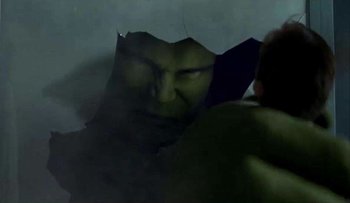
The action is a mixed bag. On the one hand, a lot of it looks beautiful thanks to cinematographer Fredrick Elmes. There’s wonderful use of color that helps contrast the dark tone, and keeps it unique from other films that are overly color-corrected to seem grittier. However, the first major set piece involves the Hulk fighting 3 hulk dogs. Yes, dogs, one of which is a poodle. In a film that didn’t take itself this seriously, it could’ve worked, but in this it’s jarring and goofy. The military battle in the desert allows the Hulk to finally let loose, but seems more interested in showing the beauty of the Hulk rather than the monster. This sequence works better, as we can start understanding how the Hulk thinks. While easily angered, he only attacks when provoked, and is shown to carefully avoid human casualties. Still, he is shown performing jumps that defy all laws of physics, and he moves too smoothly for a simple-minded beast. Finally, the climactic battle between son and a newly-empowered father contains probably my favorite visual, with the two monsters battling in the clouds like Gods, but devolves into the silly imagery of a giant energy ball.
The effects for the Hulk get a lot of flak, but they’ve never bothered me much. The biggest problem is the shade of green used; it makes him look like rubber. A different and more varied color scheme might have helped. The worst part is the signature purple pants, which look like they’re made of the same material as and stuck to the body. Worse is his movement. The Hulk is supposedly a massive wrecking ball, but his movements are unrealistically fluid. He appears weightless at times, which only betrays the fact that he’s a special effect. Outside of the title character, there’s a repeated technique where a photoshop filter is used over intense shots, it looks cheap and amateurish every time, and I don’t know why it was considered acceptable for a $137 million movie. Finally, the scene transitions. Lee went for a comic book feel for the film, and most scenes are edited to evoke that theme and look. First, it’s incredibly distracting. Second, most don’t go to a movie hoping it’ll look like a comic. Third, Lee doesn’t seem to know how a comic book works. Panels are laid out in order of escalating action and movement, but in this movie, they usually just show different angles of the same scene. It doesn’t look like a comic, it looks like an episode of 24. If the theme was used sparingly, it could’ve been stylish; instead it’s for almost every transition, which just reminds you of how fake it is.
This was shown in movie theaters around the world. Seriously.
At last, there are several plot points which raise more questions. When David gets out of prison, why doesn’t General Ross keep him under surveillance? Why does Talbot think Bruce needs to be in Hulk form to take his blood? What makes David’s absorbing powers in the climax so unstable that needs the Hulk’s energy? And finally, what did Bruce’s genetic mutation consist of? He seemed like a normal man, would he have just stayed that way without a dose of gamma radiation? Did it just make him emotionally distant? And what are the odds David would get out of prison and find his son right before he got that dose?
The movie ends as so many superhero origins end: where the movie should’ve started. Bruce is now on the run in South America, using his knowledge and powers to protect innocent people from sickness and a militia. This shows Bruce Banner as the proactive character he should’ve been, and promises a sequel that should’ve been the first film. In a way, Hulk was oddly prophetic of blockbuster cinema today: franchise-starters that exist to set up sequels. Unfortunately, the first entry needs to work on its own.
GRADE: C-
While I appreciate the ambition, Hulk takes itself way too seriously and ends up goofy. The psychological drama is only shallowly explored, the characters are hard to care for, the gimmicks distracting, the pacing poor, and the script clunky. I’m not an expert on the Incredible Hulk character, outside of the obvious, so I avoided talking too much about the comics history. People who are more familiar with it may have liked this movie less than I did, so feel free to let me know anything I missed. As it stands, there were some interesting ideas, and some parts work, but it simultaneously has too much going on, and not enough. It tries to be art, but is nowhere near as deep as it thinks it is. I’ve seen it a few times and while I’ve never regretted watching it, I like it less each time.

